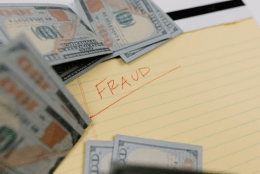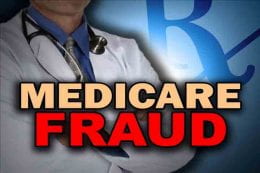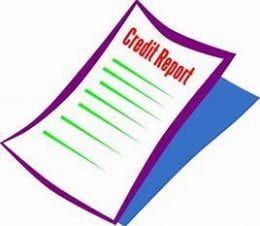If you think there is something wrong with a bill for a Medicare service call your doctor, provider or the facility first to check if there was an error. You may want to speak to the billing department as well.
If you are still concerned and have Original Medicare, you can contact the Medicare Administrative Contractor (MAC). The MAC is the company that processed your Medicare claim, and their information can be found on your Medicare Summary Notice (MSN). Alternatively, you can call 1-800-633-4227.
If you are still concerned and have a Medicare Advantage Plan, contact your plan directly. Your plan’s phone number should be listed on the back of your benefit card and on your Explanation of Benefits (EOB).
 To report fraud, contact Medicare at 1-800-633-4227, the Senior Medicare Patrol Resource Center 877-808-2468, or the Inspector Generals fraud hotline at 1-800-447-8477. Medicare will not use your name while investigating if you do not want them to.
To report fraud, contact Medicare at 1-800-633-4227, the Senior Medicare Patrol Resource Center 877-808-2468, or the Inspector Generals fraud hotline at 1-800-447-8477. Medicare will not use your name while investigating if you do not want them to.
By: Brenda Langdon



